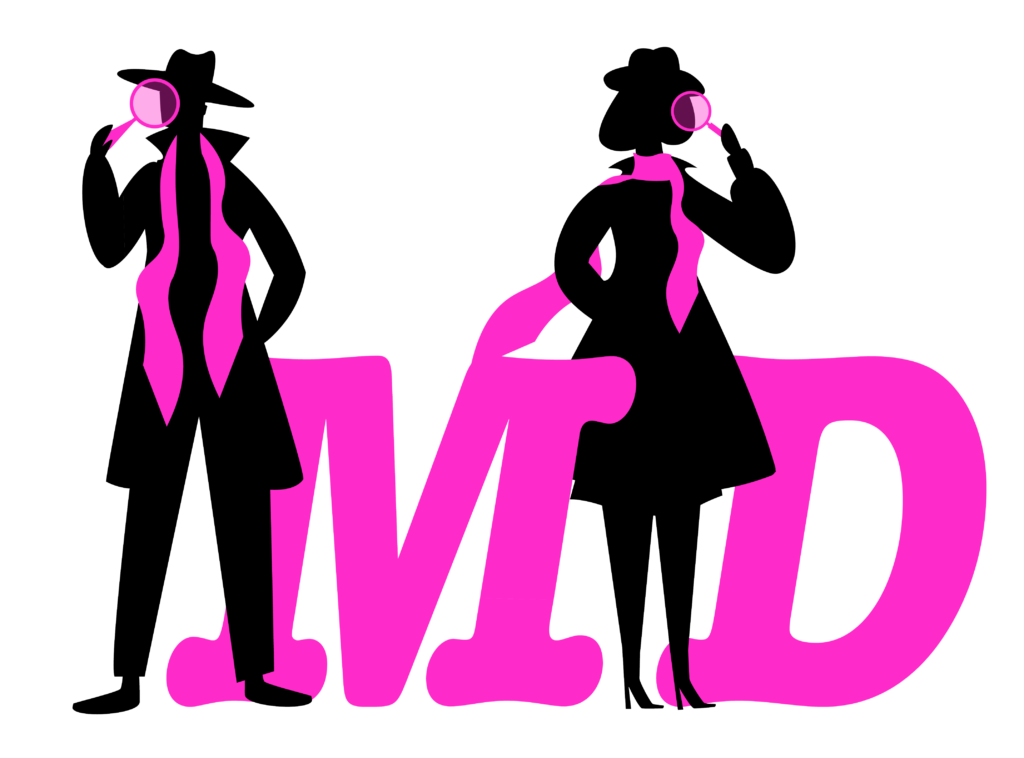If you will soon be eligible for Medicare, you may be considering delaying your enrollment until later. In most cases, we suggest that you rethink this decision. Delaying your Medicare enrollment can have consequences down the link, so it’s important to make an informed choice.
This is what you need to know about delaying Medicare enrollment.
When Can You Enroll In Medicare?
Many people choose to enroll in Medicare during their Initial Enrollment Period. If you qualify for Medicare due to age, the Initial Enrollment Period begins 3 months before your 65th birthday and ends 4 months later. For people who qualify due to a disability, enrollment is possible 3 months before their 25th month of receiving Social Security disability benefits.
Delaying Original Medicare
Original Medicare consists of Part A hospital insurance and Part B medical insurance. This is the traditional Medicare plan and it covers most of its members’ health care costs. Some people choose to delay their enrollment in Original Medicare because they already receive coverage from another source, such as an employer.
What many people don’t know is that enrolling in Medicare does not necessarily mean that you need to give up your other types of coverage. In some cases, having multiple forms of insurance can actually expand your access to health care services. For example, for some people with employer-based coverage, their employer-based plan will pay first then Medicare will pay second. This can eliminate excess costs that you otherwise may have paid out-of-pocket.
Enrolling in Medicare Part A immediately is a reasonable option for people who have paid Medicare taxes for at least ten years because they can access Part A benefits without paying premiums. Think about it this way — if you’ve been paying for these benefits already, why not access them as soon as possible?
The same doesn’t apply to Part B coverage, though. In order to receive Part B benefits, you must pay a standard premium each month. Some people choose to wait to enroll in Part B for this reason. Though, this is usually only a good idea if you have some other form of major health insurance.
If you don’t have another form of coverage, delaying enrollment in Part B could cost you. This is primarily because people who do have another form of coverage may be eligible for a Special Enrollment Period, which allows you to enroll in Part B without paying a late enrollment penalty.
If you don’t qualify for a Special Enrollment Period after choosing to delay Part B enrollment, you will be required to pay an additional 10 percent for every 12-month period that you were eligible for Medicare Part B and not enrolled. This penalty is permanent and you will be required to pay it for as long as you have Medicare benefits.
Delaying Part D Coverage
Original Medicare does not include prescription drug coverage. Therefore, members must purchase a Part D prescription drug coverage plan to help pay for their medications. You can choose to delay enrollment in Part D to save money on Part D premiums, but this can cost you. If you happen to need prescription drugs, you will have to pay for them out-of-pocket. Similar to Part B, you can also be charged a late enrollment penalty if you choose to wait to enroll in a Part D plan. To avoid additional costs, we suggest you enroll in Part D as soon as you are eligible.
Begin The Medicare Enrollment Process
The insurance professionals at Medicare Detectives can help you get started with the Medicare enrollment process today. Reach out to us now to schedule a free consultation with one of our agents.



